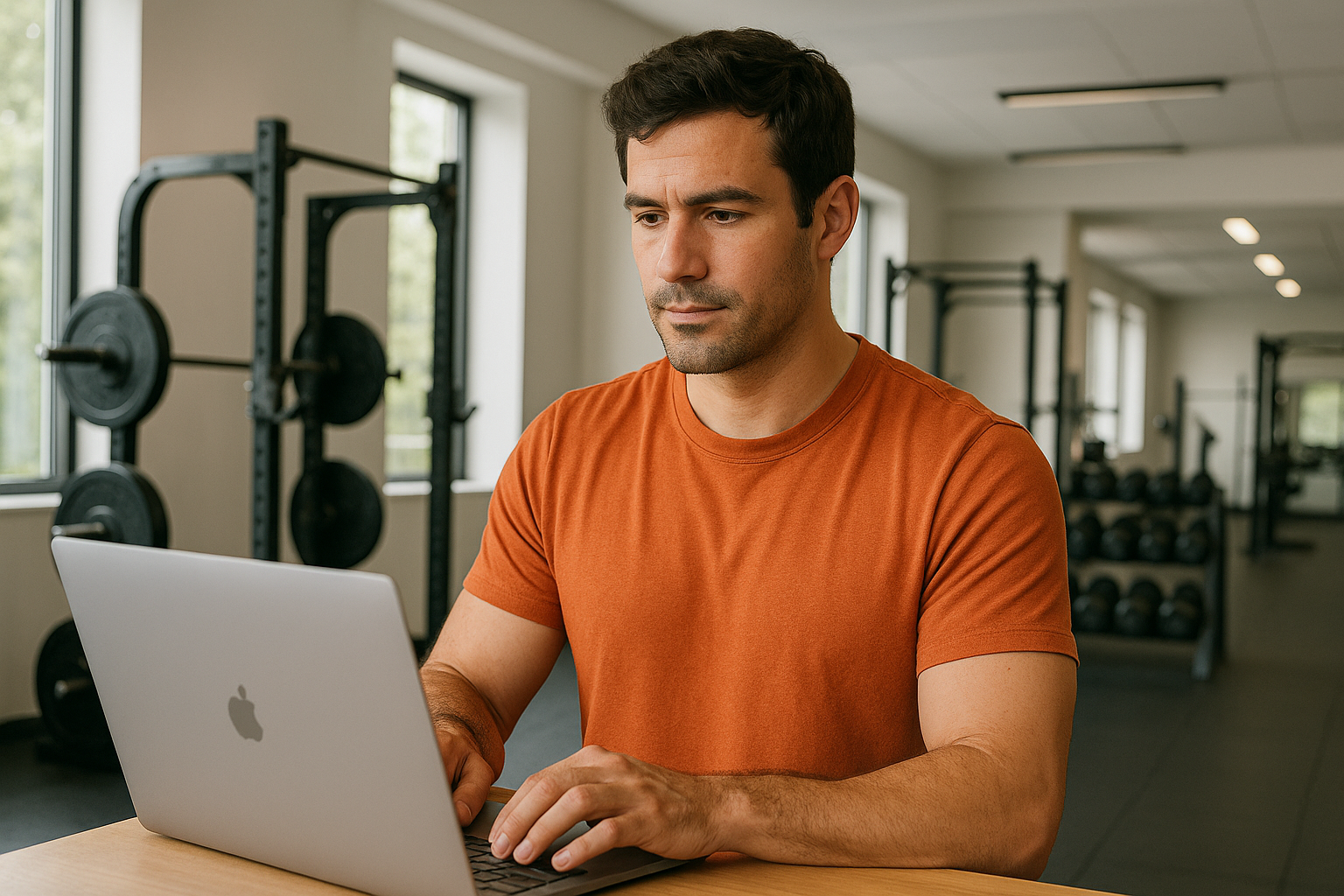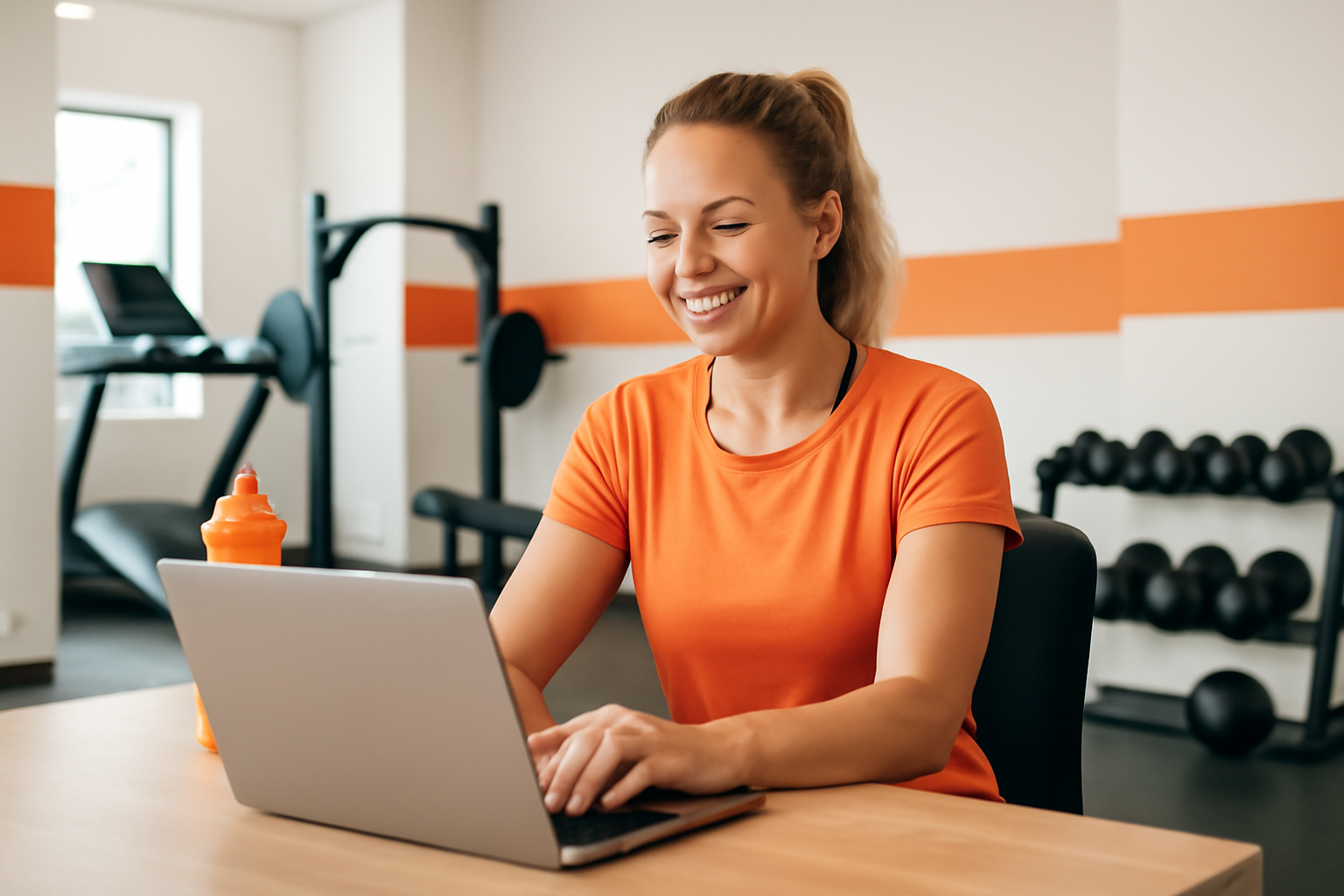On December 2nd 2020, we mark the official end to the second lockdown faced by the UK this year. With it, a new set of systems and tiers follow, and another new way of living has been introduced.
The reopening of leisure, sport, and fitness facilities has been given the green light, but with restrictions still in place determining exactly what facilities can open, and under what measures, what does this mean for the future of the health sector?
Keeping Gyms Open Has Been Prioritised in All Tiers
With the release of the UK Government Spending Review on November 25th, it looks like there’s finally some good news for sport and fitness.
Chancellor Rishi Sunak announced that the health budget will rise by £6bn, in an attempt to help combat the expected shrinking of the economy caused by the pandemic.
Following the news , Huw Edwards, CEO of ukactive, stated that
‘the fitness and leisure sector provides a unique proposition, given that it can drive both economic and health benefits.’
He added that the increase in funding and support could offer the physical activity sector opportunities to ‘transform communities’ without a trade-off between health and economy.
Huw Edwards further stated- ‘we want to work with the Government on a plan to put sport and physical activity at the heart of the nation’s renewal.’
It is therefore paramount that we can provide adequate support to these services and our communities.
According to Sport England and Sheffield Hallan University, there is a return of £4 for every £1 spent on community and sport.
This industry could therefore be crucial in rebuilding the economy, which is expected to shrink by 11.3% this year, according to Rishi Sunak.
Physical Activity Must Play a Key Role
So why is physical activity so important during the pandemic? Speaking at ukactive National Summit, the chief medical officer for England, Professor Chris Whitty, stated:
“As we come out of the COVID-19 crisis, it’s very important we try to get people who’ve got out of the habit of regular exercise back into a situation where they’re doing so, and encourage others who’ve taken up exercise in a way they previously hadn’t done'.
Physical activity has a significant positive impact on our mental and physical health, as well as providing a sense of social belonging and community, particularly in areas of lower socio-economic status.
According to Sport England’s recent researches, 69% of adults agree that exercise is helping them manage their physical health, while 65% state it has been great for their mental health.
Some of the more well-known benefits of physical activity include improved sleep, decreased risk of obesity, and improved immune health; it also provides social interaction to many people who face being alone.
Statistics reported on the UK Government website stated that mental distress in adults had increased from 24.3%, between 2017-2019, to 37.8% in April 2020.
It also concluded that the proportion of those with sleep problems had increased from 16% to 25% in April 2020.
Therefore, it is more important than ever that these facilities are treated as a vital community support system.
What Else Is Being Done?
According to Jane Hunt , MP for Loughborough, facilities should stay open during the pandemic. She urged that ‘there should be a risk assessment of individual sporting and physical activity venues in future, rather than a blanket ban.’
‘Swimming pools are an ideal place for people who may otherwise struggle to be active on firm ground’, Jane Hunt says, when discussing the closure of many indoor facilities throughout the UK. She went on to say that exercise is ‘building individual resilience.’
Importantly, £100mn has now been designated by the Government for leisure centres throughout the UK.
A further development is the introduction of VAT exemptions, to help support businesses in this sector. Alongside this, the health sector is said to be working closely with the Government on incentives to exercise, which may help to raise awareness on why we keep active.
These are all positive steps toward reviving UK shrinking economy. It could just be the beacon of light at the end of the tunnel, for the sport and leisure sectors; it might also be this sector that gets our economy back up and running.




